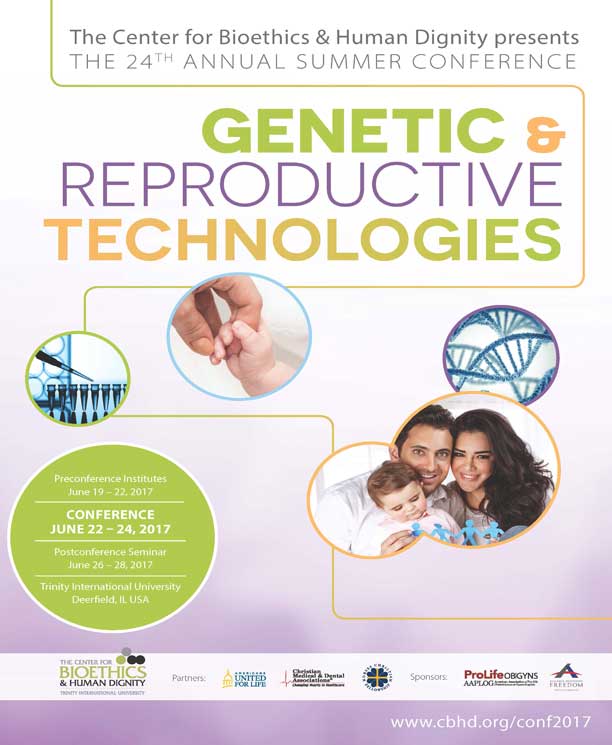
The rising discipline of the theology of disability offers the church and the academy cogent ways of engaging with the rights and responsibilities of the church and academy toward persons who are disabled in a variety of ways. In response to problematic attitudes toward persons with disabilities in the past and the present, a growing cadre of scholars is specializing in disability studies. Such scholars study disability from the perspective of theology, creating a genre of literature in the discipline. Such theology intersects with older, more established specializations such as historical theology, systematic theology, and practical theology. In this paper, the intersection of disability consciousness with the history of the eugenics movement in the United States will be explored. Tragic examples of the interplay of eugenic thought and older theological tropes such as hereditary sin and hereditary defect will be exposed. Moving from past to present and future, connections between classic eugenics and the rise of “newgenics” will be introduced through the lens of the theology of disability. Suggested applications from this emerging genre will be applied to the redemptive and reparative project of affirming human dignity for disabled persons in explicitly theological terms.